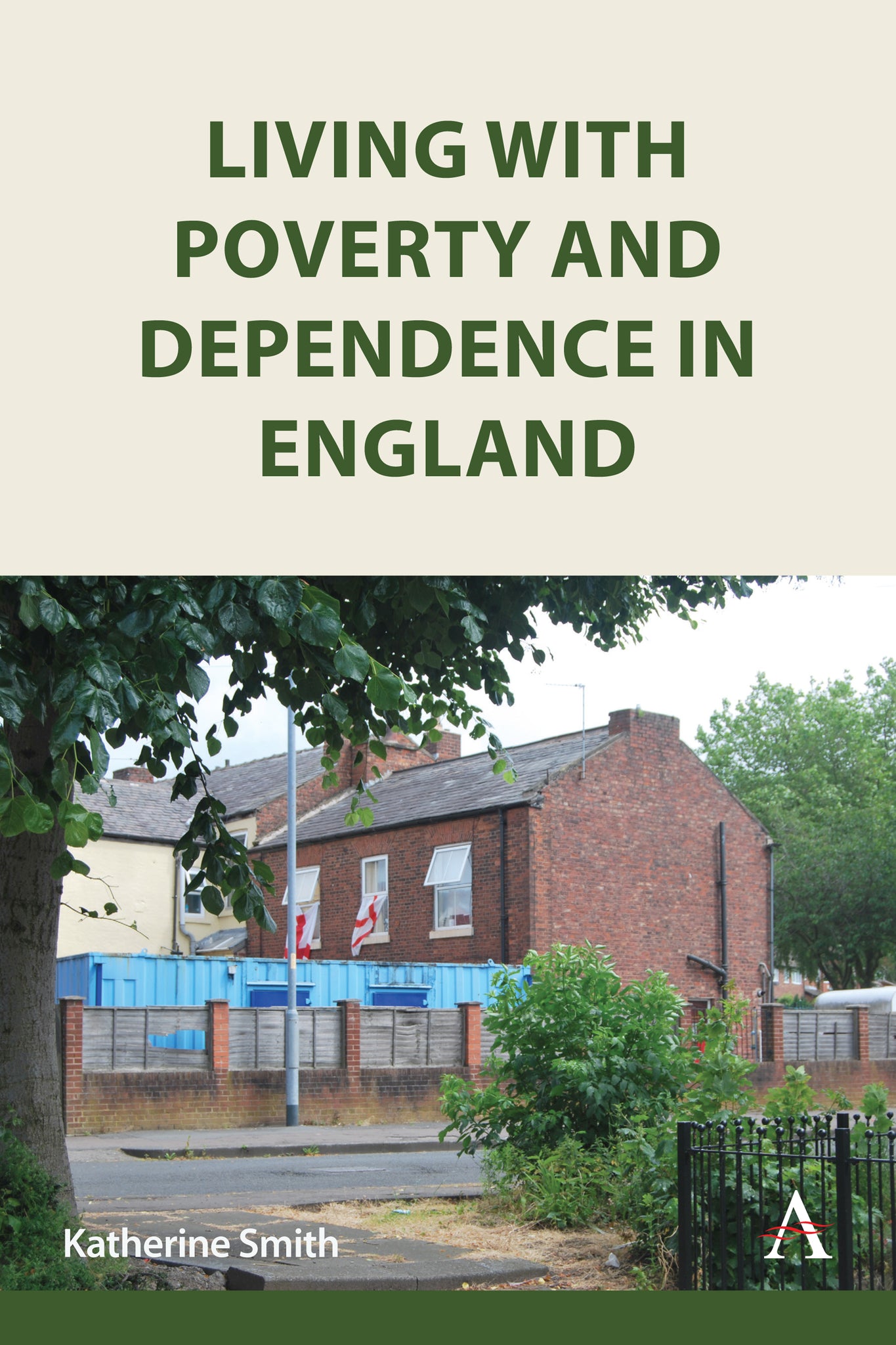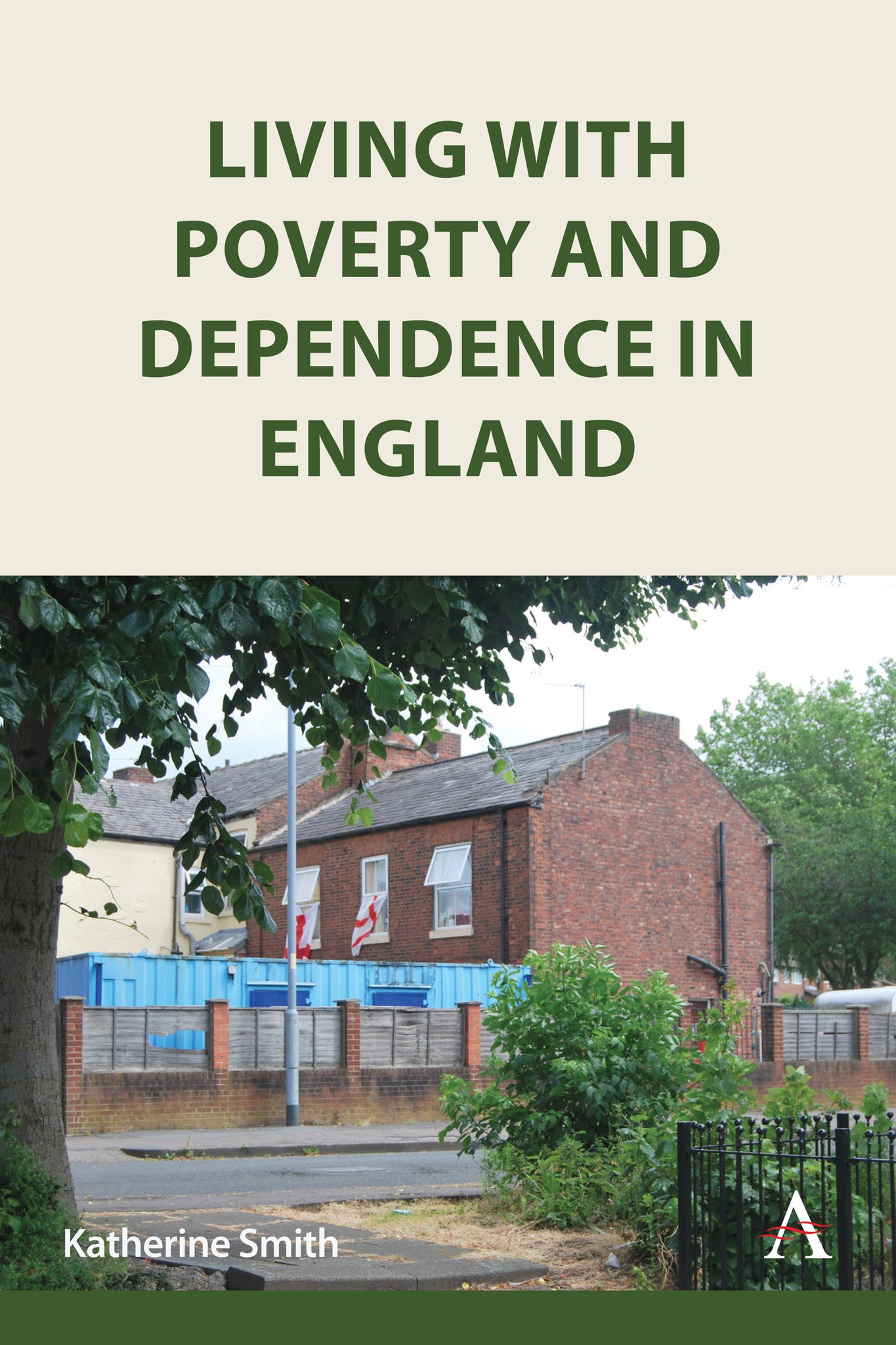We're sorry. An error has occurred
Please cancel or retry.
Living with Poverty and Dependence in England

The book is based on nearly a decade (2011–2020) of sustained ethnographic research within and across households in Harpurhey, North Manchester, England. Harpurhey is a suburban area in Manchester, located just three and a half miles northeast of the city centre. This book interrogates the everyday lives of people in Harpurhey ethnographically, placing their lives and agency at the centre of analysis. It explores the everyday lives of people who live with poverty and are rely upon state welfare support to make ends meet. Analytically, the arguments in this book begin by making a distinction between the production of poverty as a political, economic and ideological effect of capitalist processes and state activity, and the everyday, mundane choices and behaviours of the people who manage those effects (cf. Goode and Maskovsky 2001). Each chapter shows what may be concealed and revealed in interpersonal relationships between people living with poverty and in multiple interdependencies.

SOCIAL SCIENCE / Anthropology / Cultural & Social, Social and cultural anthropology, SOCIAL SCIENCE / Poverty & Homelessness, SOCIAL SCIENCE / Social Classes & Economic Disparity, Poverty and precarity, Urban communities / city life

Introduction: The Workings of Poverty and Dependence on Everyday Life; Chapter One: Talking Money in Harpurhey; Chapter Two: Concealment and Revealment in The Reckoning; Chapter Three: Arguments of Equivalence; Chapter Four: (In)Dependence on the State; Chapter Five: Temporalities of Dependence; Conclusion: The Politics of Concealment and Revealment, and the Limits of Fairness in Everyday Life




